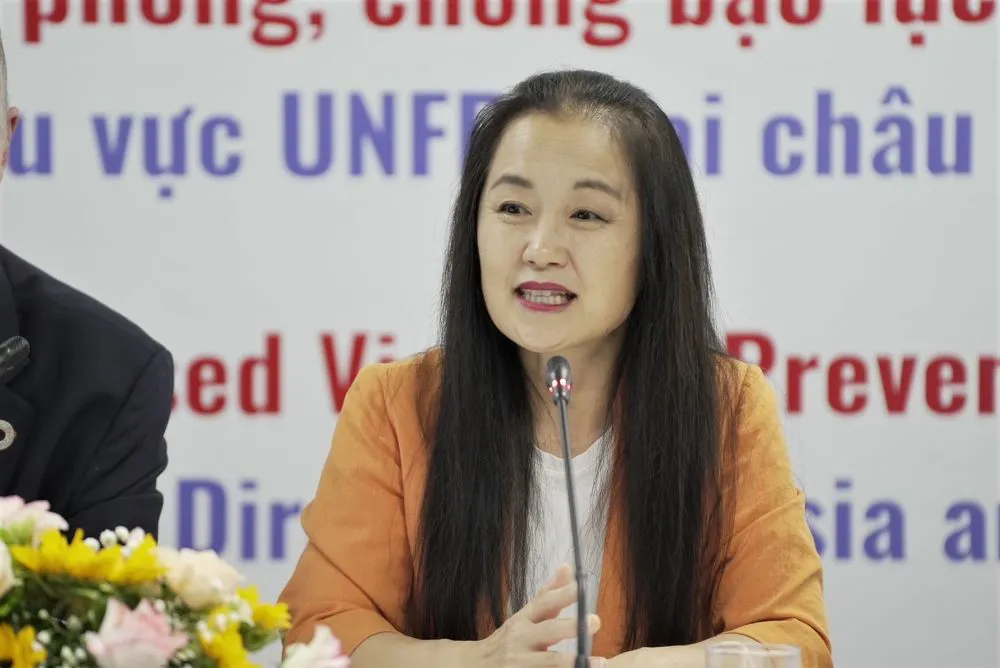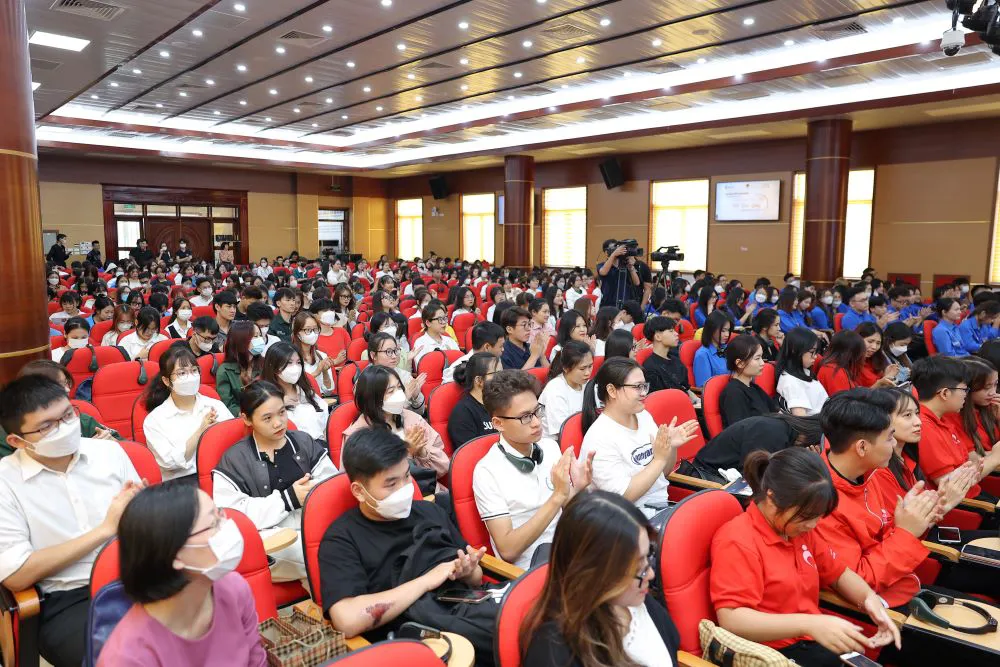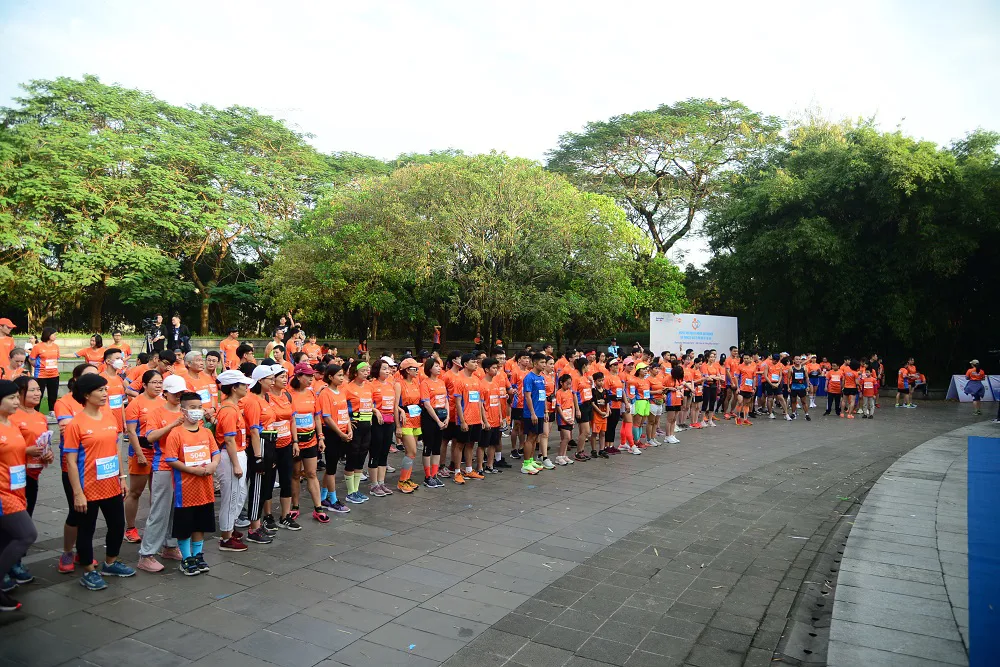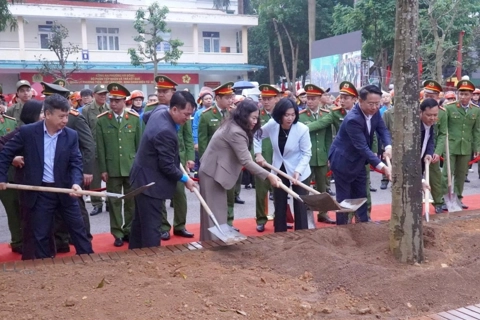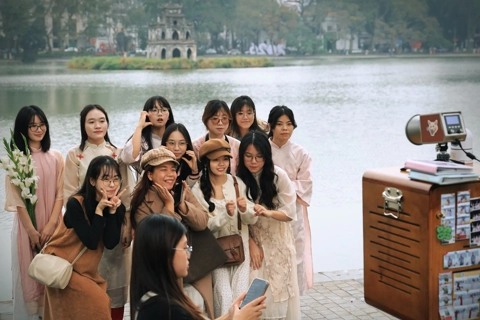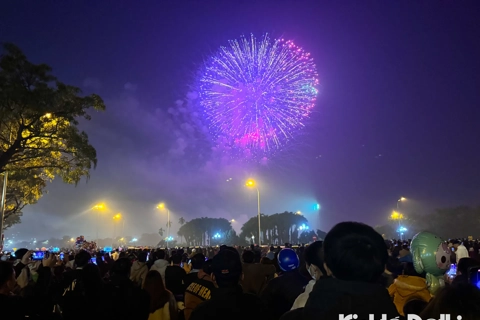Vietnam makes progress in population issues: UNFPA
Vietnam has taken good care of vulnerable groups while promoting people’s rights for better population quality in the implementation of Sustainable Development Goals.
Vietnam, which was really suffering from poverty, has done a wonderful job to make sure that it achieved set socio-economic targets in the past decades, especially population-related issues.
United Nations Population Fund (UNFPA)’s Representative in Vietnam Naomi Kitahara shared the idea at the closing of 2022 – the year that marked Vietnam’s GDP growth of 8.02%, the fastest expansion in 25 years, the approval of revised Domestic Law, among others.
| UNFPA’s Representative in Vietnam Naomi Kitahara. Photos: UNFPA Vietnam |
“I think it’s important to acknowledge that Vietnam has been excellent in achieving socioeconomic growth and addressing what is the abilities of some of the key population groups,” Naomi Kitahara said in an interview with The Hanoi Times.
From her perspective, inequality is a big issue that almost all middle-income countries like Vietnam face, but Vietnam has successfully addressed the concern that resulted from quick development.
In addition, Vietnam has paid attention to some population groups which are women, pregnant women, girls, and young people.
The country has also taken good care of other vulnerable groups like ethnic minorities, migrant workers, people with disabilities, and survivors of gender-based violence and domestic violence.
| A large number of young people attend a UNFPA-supported gender equality dialogue held in Hanoi in October 2022. |
Proper approach and UNFPA’s support
As the population has different needs, it’s important to respect diversity. Therefore, Vietnam has made policies that avoid a “one size fits all” approach to public service delivery.
In reality, UNFPA has discussions with the government, and they understand that but then they probably need a bit of best practice and the skills and how other countries have done it, Kitahara said.
In this regard, the government counts on UNFPA to provide policy advice and technical assistance. “So that’s what we are on the right track and Vietnam is on the right track and I’m quite hopeful that Vietnam would achieve a lot more,” Naomi Kitahara noted.
Regarding challenges, Vietnam and UNFPA are operating on key programmatic areas like sexual and reproductive health and general population health, especially for women living in mountainous locations. “It’s an issue of concern to deal with sexual and reproductive health among minorities, migrant workers, and people with disabilities”, the UNFPA representative pointed out.
She said currently, Vietnam is dealing with cancer as more women died from cancer than from pregnancy and childbirth. The issue needs to be really addressed.
For that reason, UNFPA in partnership with the private sector pharmaceutical company MSD and some Australian academic institutions invested a case study to categorize the benefits that HPV vaccination can bring about for the prevention of saliva cancer.
The results show that it can save up to ten times the social benefits and then about 20 times the socioeconomic benefits if Vietnam introduces HPV vaccination for girls and for the prevention of cancer. Consequently, cancer screening services have been available.
Regarding sexual and reproductive health which was a bit affected by Covid-19 in the past few years, UNFPA and the Government of Vietnam are putting it among priorities along with gender equality and generous violence. In this regard, the approval of Domestic Law by the National Assembly means a lot to Vietnam’s integration. Kitahara described the move as “revolutionary” as its people-centered and human rights-based approaches show Vietnam’s commitment to addressing issues that really matter to the next generations.
Even when dealing with thorny issues like domestic violence, UNFPA has its own ways. “We don’t talk about domestic violence, even if you are victims, you don’t necessarily talk about it,” Kitahara said. Confidential hotlines are proof that they really address this issue, demonstrating that they’re working on the young people front.
In addition, the organization is addressing compressively sexual education and all provinces are now preparing empowerment strategies. It’s another way of showing that Vietnam has a strong commitment to promoting young people’s agenda.
Also, population aging is an area that requires joint efforts. Kitahara said population aging happens not just because of mortality or because people live longer but rather because of fatigue. Vietnam is estimated to face the fast speed of population aging in the coming years.
Vietnam will transition from an aging to aged society. It requires stakeholders to adjust different public services to meet the needs of the Asian population. The move also aims to empower the whole population, enabling them to continue contributing to the development of the country and to pension schemes for the elderly population.
The aforementioned issues are the key highlights that UNFPA did in 2022, she emphasized.
| A running race in November 2022 in Hanoi supported by UNFPA attracts a large number of participants. |
UNFPA’s main focuses
In the United Nations 2030 Agenda, UNFPA has partnered with the Government of Vietnam to help the country realize all 17 Sustainable Development Goals (SDGs). Specifically, the body focuses on Goals No.3, 4, and 5, which are Good Health and Well-being; Quality Education; and Gender Equality.
In addition, UNFPA supported other goals related to poverty reduction, reduced inequalities, and providing access to justice for all.
UNFPA’s approaches have proved to be effective as they result from the understanding of culture. Working as a representative in Vietnam, Kitahara, who is Japanese, knows both differences and similarities between the cultures.
That’s the reason she brainstormed the idea of making a Christmas tree from bamboo hats – a symbol of Vietnam. Made from more than 300 hats, the tree demonstrates orange – the color of UNFPA and conveys messages of gender equality.
The messages include “Offer Love, Not Violence: 24/7 toll-free hotline 18001768”; “My Daughter, My Future”; “Young people are agents of change”; “My Body, My Life. Exploring young people’s potential”; “Social inclusion: Key for successful ageing”; “Inter-generational solidarity for youth and elderly”; “People are the solution, not the problem”; “8 Billion Hopes and Dreams: Infinite Possibilities for ALL”; “No woman should die giving birth”; and “Equitable access of persons with disabilities to Sexual and Reproductive Health.”
“We want more advancement. We want more development. We want more happiness amongst the people and more choices provided to people first and foremost,” Kitahara stressed.
As Tet (the Lunar New Year) is coming, Kitahara wished everyone in Vietnam very good health, prosperity, and happiness. “I hope everyone can enjoy time with family, friends, and loved ones and avoid any victims in any way because sometimes during this festive period, people can go a bit crazy as they drink a lot.”
“Let’s love each other and let’s respect people’s peacefulness and rights so everybody can enjoy this festive season,” shared the UNFPA Vietnam Representative.


